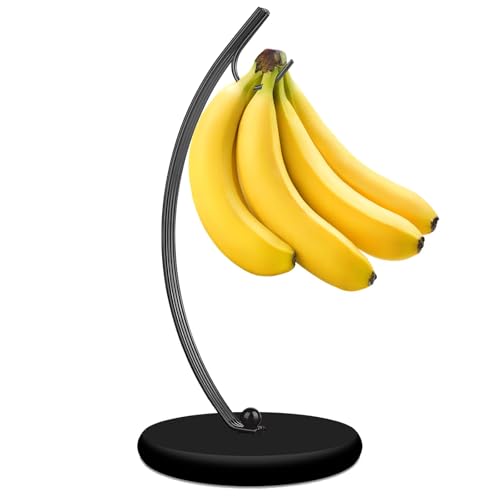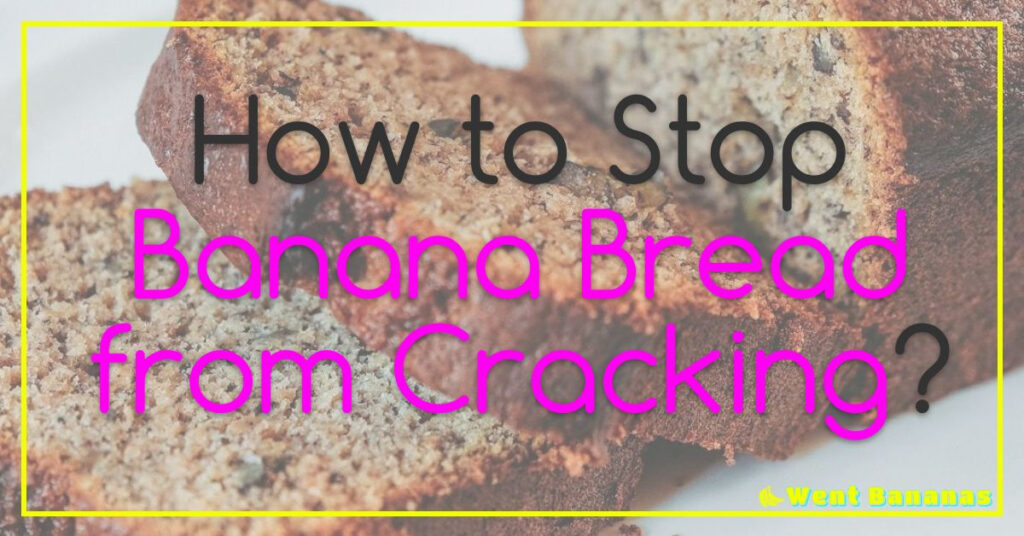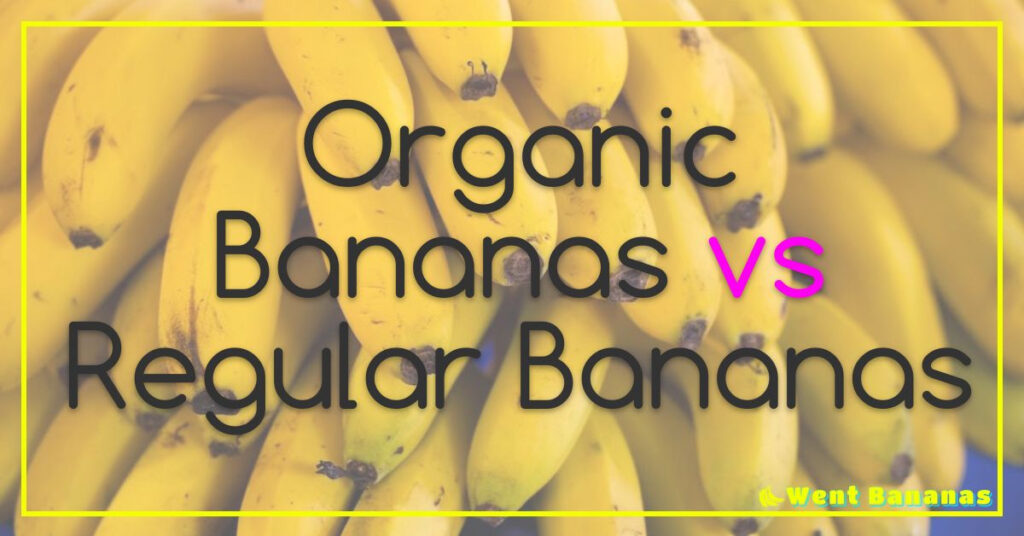Key Takeaways
- Rich in Essential Nutrients: Bananas provide vital vitamins and minerals, including Vitamin C, B6, potassium, and magnesium, supporting overall health.
- Energy-Boosting Carbohydrates: With 27 grams of natural sugars and dietary fiber, bananas offer a quick and sustained source of energy, ideal for active lifestyles.
- Supports Digestive Health: High in dietary fiber, bananas promote healthy digestion and maintain a balanced gut microbiome.
- Promotes Heart and Muscle Health: The significant potassium content in bananas aids in maintaining heart function and muscle strength.
- Versatile and Convenient: Easily incorporated into meals and snacks, bananas enhance flavor and nutritional value in smoothies, oatmeal, baking, and more.

Bananas are more than just a convenient snack. I’ve always been amazed by how a simple fruit can pack so much nutritional goodness. Whether you’re grabbing one on the go or adding it to your favorite smoothie, bananas offer benefits that go beyond their sweet taste.
From essential vitamins to vital minerals, this humble fruit supports your energy levels and overall health. Join me as I explore what makes bananas a true nutritional powerhouse and why they deserve a spot in your daily diet.
Nutritional Composition of Bananas
Bananas offer a balanced mix of essential nutrients that contribute to overall health and energy levels. Understanding their nutritional profile highlights why they stand out as a dietary staple.
Macronutrients

Bananas provide a well-rounded macronutrient profile essential for daily energy and bodily functions:
- Carbohydrates: A medium banana contains approximately 27 grams of carbohydrates, primarily in the form of natural sugars and dietary fiber.
- Proteins: Each banana offers about 1.3 grams of protein, supporting muscle maintenance and repair.
- Fats: With less than 0.5 grams of fat per banana, they are a low-fat food option suitable for various diets.
- Dietary Fiber: Providing around 3 grams per medium banana, the fiber aids in digestion and promotes a healthy gut.
Vitamins and Minerals
- Vitamin C: A medium banana supplies roughly 10% of the recommended daily intake, boosting the immune system and aiding in collagen production.
- Vitamin B6: Containing about 20% of the daily value, it assists in metabolism and neurotransmitter synthesis.
- Potassium: Each banana delivers around 422 milligrams, essential for heart health and muscle function.
- Magnesium: With approximately 32 milligrams per banana, magnesium supports bone health and energy production.
- Manganese: Providing 14% of the daily requirement, manganese contributes to bone formation and nutrient metabolism.
| Nutrient | Amount per Medium Banana | Daily Value (%) |
|---|---|---|
| Carbohydrates | 27 g | 9% |
| Protein | 1.3 g | 3% |
| Fat | 0.3 g | <1% |
| Dietary Fiber | 3 g | 12% |
| Vitamin C | 10 mg | 17% |
| Vitamin B6 | 0.5 mg | 25% |
| Potassium | 422 mg | 12% |
| Magnesium | 32 mg | 8% |
| Manganese | 0.3 mg | 14% |
Health Benefits of Bananas
Bananas offer a variety of health benefits that make them a staple in many diets. From boosting energy levels to supporting digestive health, these fruits are truly a nutritional powerhouse.
Energy Boost
Bananas provide a quick and sustained energy boost thanks to their carbohydrate content. A medium banana contains approximately 27 grams of carbohydrates, including 14 grams of natural sugars like glucose, fructose, and sucrose. These sugars are easily digestible, making bananas an excellent pre- or post-workout snack to replenish energy stores and support muscle recovery.
Digestive Health
Rich in dietary fiber, bananas promote healthy digestion and regular bowel movements. A medium banana offers around 3 grams of fiber, which aids in maintaining a healthy gut microbiome. Additionally, bananas contain pectin, a type of soluble fiber that helps regulate blood sugar levels and lowers cholesterol, contributing to overall digestive wellness.
Comparing Bananas to Other Fruits
Bananas offer a unique nutritional profile compared to other common fruits. I often highlight these differences when creating new recipes or discussing banana benefits with friends.
| Nutrient | Banana (Medium) | Apple (Medium) | Orange (Medium) | Strawberry (1 Cup) |
|---|---|---|---|---|
| Calories | 105 kcal | 95 kcal | 62 kcal | 53 kcal |
| Carbohydrates | 27 g | 25 g | 15 g | 12 g |
| Dietary Fiber | 3 g | 4 g | 3 g | 3 g |
| Potassium | 422 mg | 195 mg | 237 mg | 233 mg |
| Vitamin C | 10 mg | 8 mg | 70 mg | 89 mg |
Bananas surpass apples and oranges in potassium, supporting heart and muscle health. They provide more carbohydrates than oranges, making them ideal for an energy boost during workouts. Compared to strawberries, bananas offer similar fiber but less Vitamin C, which is essential for immune function.
When selecting fruits for recipes, bananas add natural sweetness and moisture, reducing the need for added sugars. Their higher carbohydrate content also contributes to the texture and consistency of baked goods. Additionally, the sustained energy from bananas makes them a preferred choice for snacks and smoothies.
Growing banana trees, I observe that bananas thrive in nutrient-rich soil, enhancing their mineral content. This growth environment ensures that bananas maintain their status as a nutritional powerhouse, comparable to and often exceeding other fruits in essential nutrients.
Tips for Including Bananas in Your Diet
Breakfast Boost
- Smoothies: I blend a banana with yogurt, spinach, and berries for a nutrient-packed start to my day.
- Oatmeal: I slice a banana over my morning oatmeal to add natural sweetness and extra fiber.
- Toast Topping: I spread peanut butter on whole-grain toast and add banana slices for a satisfying breakfast option.
Snack Ideas
- Energy Bars: I combine mashed bananas with nuts and oats to create homemade energy bars.
- Frozen Treats: I freeze banana slices and blend them into a creamy, dairy-free ice cream alternative.
- Nut Butter Dip: I dip banana slices into almond or peanut butter for a quick and nutritious snack.
Cooking and Baking
- Banana Bread: I use ripe bananas to bake moist and flavorful banana bread with reduced added sugars.
- Pancakes: I add mashed bananas to my pancake batter for added sweetness and moisture.
- Salad Ingredient: I integrate banana slices into fruit salads or green salads for a touch of natural sweetness.
Beverage Enhancements
- Banana Milkshake: I blend a banana with milk and a touch of honey for a creamy milkshake.
- Coffee Add-in: I add a banana to my morning coffee smoothie for extra vitamins and a hint of sweetness.
- Herbal Teas: I pair banana slices with herbal teas for a balanced and refreshing beverage.
Travel-Friendly Options
- Portable Snacks: I pack whole bananas or banana chips for on-the-go snacking.
- Lunchbox Addition: I include banana slices in school or work lunchboxes for a healthy dessert option.
- Trail Mix: I mix dried banana pieces with nuts and seeds for an energy-boosting trail mix.
Conclusion
Bananas have become a go-to in my everyday routine. Their natural sweetness and versatility make them perfect for any time of day. I love how easy it is to add them to my meals and snacks without much fuss.
Including bananas in my diet has not only boosted my energy but also supported my overall well-being. They’re a simple yet powerful way to stay healthy and energized. I’m excited to keep enjoying bananas and discovering new ways to incorporate them into my life.
Frequently Asked Questions
What are the main nutritional benefits of bananas?

Bananas are a nutritional powerhouse, offering a balanced mix of macronutrients and essential vitamins and minerals. A medium banana provides approximately 27 grams of carbohydrates, 1.3 grams of protein, and less than 0.5 grams of fat. They are rich in dietary fiber, Vitamin C, Vitamin B6, potassium, magnesium, and manganese, which support energy levels, immune function, heart health, and bone formation.
How do bananas support energy levels?
Bananas contain natural sugars and carbohydrates that provide a quick and sustained energy boost. This makes them an excellent choice for pre- or post-workout snacks. The balanced carbohydrate content helps maintain energy levels, making bananas ideal for athletes and anyone needing a reliable energy source throughout the day.
What vitamins and minerals are found in bananas?
Bananas are packed with essential vitamins and minerals, including Vitamin C, Vitamin B6, potassium, magnesium, and manganese. Vitamin C supports the immune system, Vitamin B6 aids in metabolism, potassium promotes heart and muscle health, magnesium contributes to bone health, and manganese is vital for bone formation and metabolism.
How do bananas aid in digestion?
Bananas provide around 3 grams of dietary fiber, which promotes healthy digestion and regular bowel movements. The fiber helps regulate the digestive system, while pectin, a type of soluble fiber in bananas, assists in controlling blood sugar levels and lowering cholesterol, contributing to overall digestive health.
How do bananas compare to other fruits like apples and oranges?
Bananas surpass apples and oranges in potassium content, which supports heart and muscle health. They also provide more carbohydrates than oranges, making them better for energy boosts during workouts. While bananas have similar fiber content to strawberries, they contain less Vitamin C. Additionally, bananas add natural sweetness and moisture to recipes, reducing the need for added sugars.
Why are bananas considered a low-fat food option?
A medium banana contains less than 0.5 grams of fat, making it a low-fat food choice. This low-fat content, combined with their high carbohydrate and fiber levels, makes bananas a healthy option for those looking to manage their fat intake while still receiving essential nutrients and sustained energy.

How can I incorporate bananas into my daily diet?
« The Future of Banana Varieties: New Developments in Breeding You Won’t Believe
Bananas and Heart Health: Potassium’s Role in Lowering Blood Pressure »
Bananas are versatile and easy to add to your meals. For breakfast, blend them into smoothies, add to oatmeal, or use as a topping on toast with peanut butter. For snacks, enjoy homemade energy bars, frozen banana treats, or banana slices dipped in nut butter. In cooking and baking, use ripe bananas in banana bread, pancakes, or salads. They also enhance beverages like milkshakes and can be packed as on-the-go snacks.
What makes bananas a good pre- or post-workout snack?
Bananas provide a quick source of natural sugars and carbohydrates that supply immediate energy, while their fiber ensures a sustained release of energy. Additionally, the potassium in bananas helps prevent muscle cramps and supports muscle function, making them an ideal snack choice for athletes before or after workouts.
Do bananas help with heart health?
Yes, bananas are beneficial for heart health due to their high potassium content. Potassium helps regulate blood pressure by balancing sodium levels in the body, reducing the risk of hypertension and heart disease. Additionally, the fiber in bananas can help lower cholesterol levels, further supporting cardiovascular health.
How does the fiber in bananas affect blood sugar levels?
The soluble fiber pectin in bananas helps slow the absorption of sugar into the bloodstream, which regulates blood sugar levels. This can prevent spikes in blood glucose, making bananas a suitable fruit option for individuals managing diabetes or aiming to maintain stable energy levels throughout the day.
















